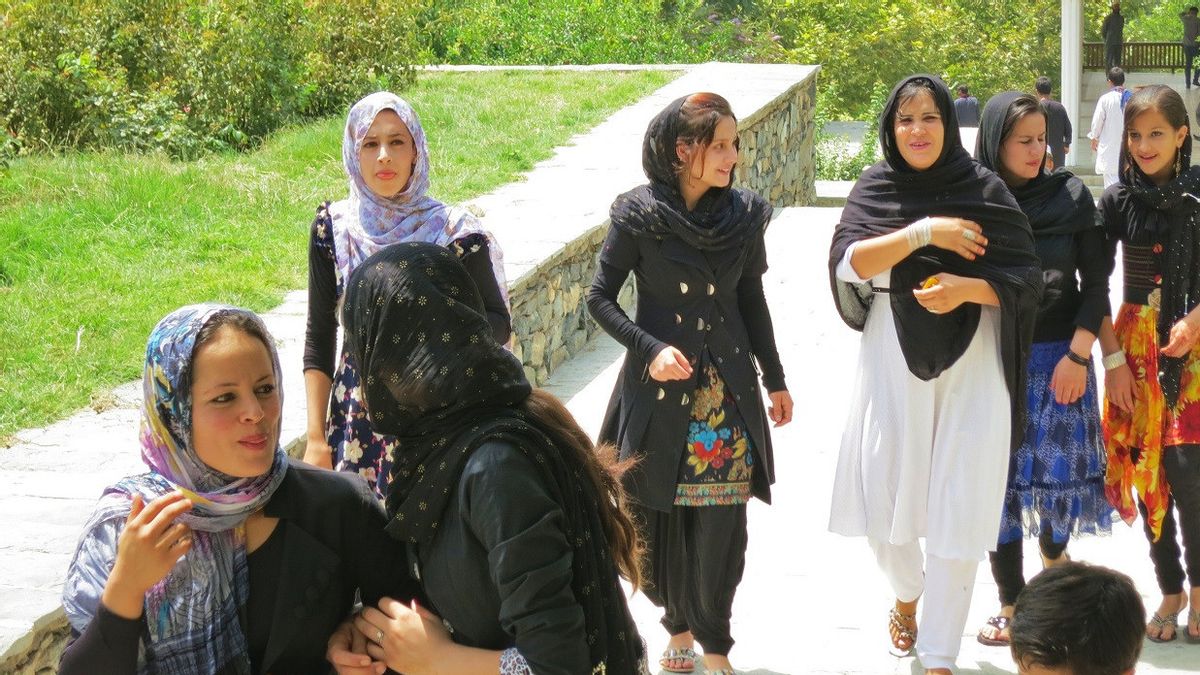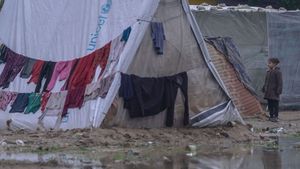JAKARTA - UN aid chief Martin Griffiths is scheduled to visit Afghanistan in the coming weeks, seeking to hold a high-level meeting with the Taliban, a UN official announced on Thursday.
"We will clearly seek to meet with the authorities as high as possible and we have engaged with them all at the highest level," Ramiz Alakbarov, deputy special representative of the UN Secretary-General, told reporters.
The visit follows the Taliban's announcement on Saturday last week of a ban on women aid workers following an announcement banning women from entering universities.
Alakbarov reaffirmed the UN's commitment to providing humanitarian support and reaffirming the importance of dialogue.
"Involvement is needed, ongoing engagement is needed, continuous dialogue is needed... there is no alternative but dialogue," he said.
He further explained that the situation in Afghanistan may be one of the most difficult he has seen in his "career for 30 years".
Alakbarov noted that humanitarian needs in Afghanistan are "very large" and the United Nations is committed to providing assistance.
He explained that the United Nations is actively seeking to lift the ban, noting concerns about politeness and gender mixing can be overcome through dialogue, without directly threatening education or livelihoods.
In a joint statement on Wednesday, Griffiths and other UN heads called on the Taliban to overturn its decision, to restrict women from working with NGOs, insisting that "the women's participation in aid deliveries cannot be negotiated and should continue".
"Prohibiting women from humanitarian work has immediate life-threatening consequences for all Afghans," read a statement signed by the heads of FAO, WHO, UNDP, UNICEF, and UNHCR.
"We estimate that many activities need to be temporarily suspended, as we cannot provide humanitarian assistance without female aid workers."
Last week, Afghanistan's Taliban-run government said on Thursday it closed universities for women partly because female students did not comply with its interpretation of Islamic dress rules, in a decision condemned globally.
Acting Higher Education Minister Nida Mohammad Nadim, in her first comments on the matter, told Afghan state broadcaster RTA some of the issues had prompted the decision, including female students who were not wearing appropriate Islamic clothing and interactions between students of different sexes.
"They didn't pay attention to Hijab, they came in clothes that most women wear to go to wedding parties," he said.
The minister of higher education said in his interview that the Taliban "asked the world not to interfere in our affairs."
Nadim said discussions about women's education were ongoing.
The English, Chinese, Japanese, Arabic, and French versions are automatically generated by the AI. So there may still be inaccuracies in translating, please always see Indonesian as our main language. (system supported by DigitalSiber.id)













